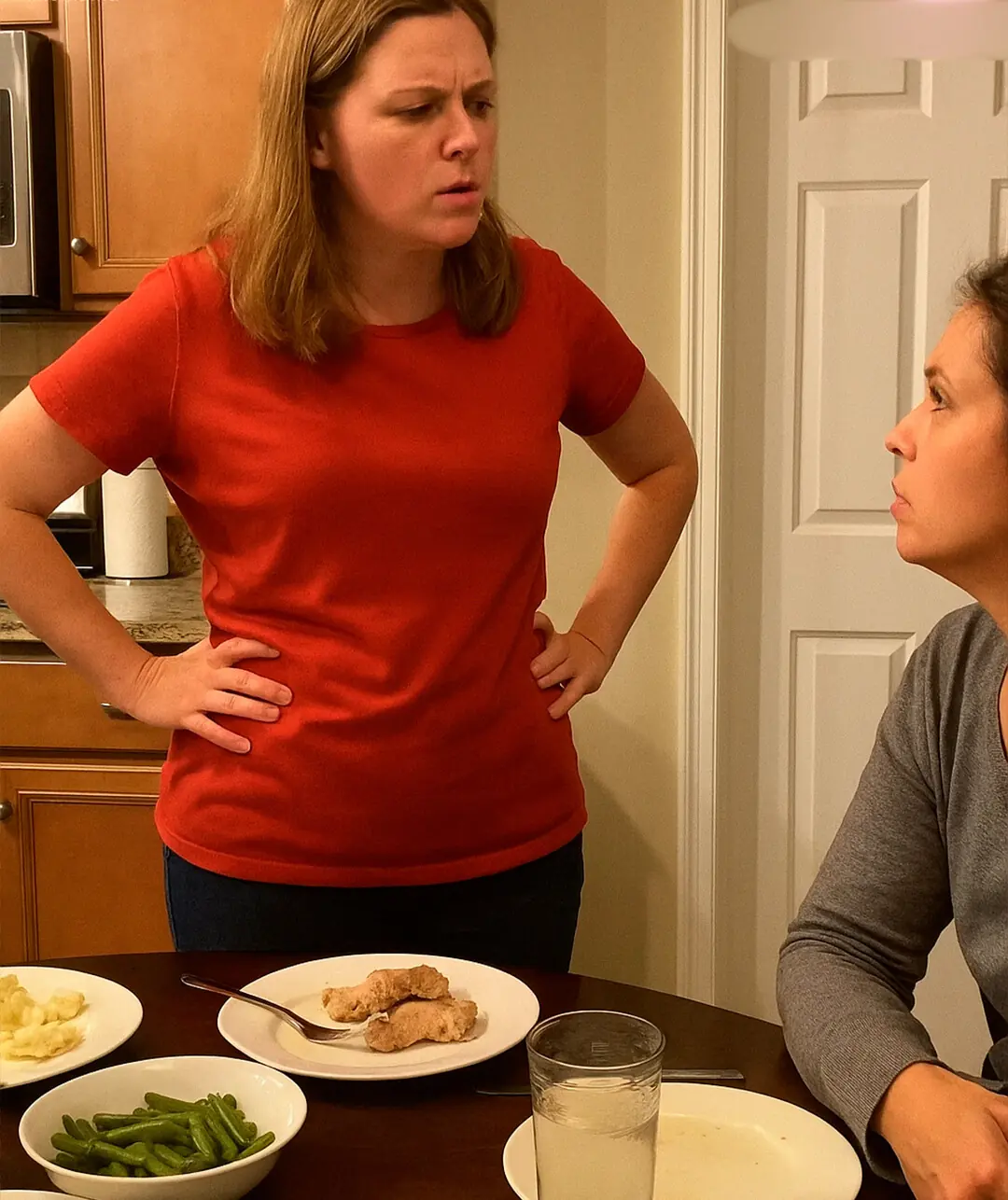
My Daughter Said I Could Only Come to Her Graduation If I 'Dressed Normal' Because She Was Ashamed of Me
For 22 years, I scrubbed other people’s floors, toilets, and countertops to give my daughter a future I never had. But nothing could have prepared me for the moment she asked me to hide who I was on the most important day of her life.
I came home that evening with sore feet and aching joints after working a 13-hour shift at the Westbury Hotel. The cleaning supervisor had begged me to stay late—another three rooms needed deep sanitizing before tomorrow’s conference guests arrived. I said yes without hesitation. I always said yes. The extra money would go toward my daughter’s graduation cap and gown.
As I stepped into my small apartment, the faint scent of ammonia still clung to my hands. My name—Isabel—was stitched in pale thread on my uniform, which hung damp on my back. My sneakers, worn and bleach-stained, scuffed softly across the floor. I dropped my keys and turned toward the kitchen, where something bright caught my eye.
Taped to the refrigerator was the graduation ceremony program. My daughter Maya’s name printed in bold letters. Business Management, Bachelor of Science.
Pride bloomed in my chest, softening the edges of my exhaustion. Maya, my only child, was going to be the first person in our family to graduate college. I had worked so hard—missed birthdays, holidays, nights at home—so she could have this.
That evening, I whispered to myself, “I just want to see her walk that stage.” I pictured it in my mind a thousand times: her standing tall in her gown, cap tilting slightly to one side, a confident smile on her face. My little girl.
The next day, on the rattling bus home, I called her. She picked up, her voice sharp, hurried.
“Hi, Mom. I’m kind of busy—what’s up?”
“I just wanted to ask about the graduation,” I said gently. “Do I need to get there early? Will there be reserved seating?”
There was a pause. A long one.
“You can come,” Maya said finally. “But please… don’t wear anything weird.”
I blinked. “Weird? What do you mean?”
“I mean, like… just don’t wear your work stuff or anything too loud. Everyone’s parents are doctors, lawyers, that kind of thing. This is a really important day, Mom. I just want it to feel normal.”
Normal.
The word hit like a slap. What she meant was, she didn’t want me to look like me. She didn’t want anyone to know what I did for a living.
“I’ve been planning to wear my yellow church dress,” I offered, my voice small.
“Well... just make sure it’s not too much,” she replied.
We hung up shortly after. I stared out the bus window as it rolled past bright buildings and strangers with briefcases. My reflection in the glass looked tired, older than my 48 years. I’d given everything for her. And now she wanted to hide me.
That night, I stood before my small closet. My yellow dress hung in the center, the one I’d worn to Maya’s high school graduation. Back then, she held my hand as we walked the school grounds, her eyes beaming. That day, I was enough.
I ran my fingers down the pleated fabric. Then I looked at the row of identical blue uniforms beside it. Pressed, clean, honest. Each one a reminder of the work I’d done to raise her alone.
I didn’t sleep much that night. Instead, I wrote a letter. A list, really. I wrote down every overtime shift I had worked to pay for her books. Every weekend I’d given up to afford her school supplies. Every hotel and house I’d cleaned to keep her enrolled. It was two pages long by the time I finished. At the bottom, I wrote:
“You wanted me to disappear. But this — this is what built your future.”
On graduation day, I arrived early and sat near the middle of the auditorium. Families filtered in around me — women in sleek dresses, men in expensive watches. I wore my uniform, freshly ironed. My sneakers gleamed from the polish I’d applied the night before. I knew I stood out. But I also knew I had earned the right to be there.
When the ceremony began, I watched proudly as names were called. Then came Maya’s turn. Her cap bobbed as she stepped onto the stage. She looked out into the crowd and spotted me. Her eyes widened, and her smile wavered.
She didn’t wave. She didn’t even nod. But I clapped—loud and proud.
After the ceremony, families gathered on the lawn for photos. I stood to the side, hands folded, watching her pose with friends, laughing and carefree. Eventually, she walked over, her expression tight.
“I told you not to wear that,” she hissed under her breath.
I didn’t argue. I simply handed her the gift bag I’d brought. Inside was the letter I’d written.
She opened it curiously, then looked up, confused. “What’s this?”
“Just something for you to read,” I said. “When you’re ready.”
I walked away before she could respond. I had a bus to catch. Another shift to prepare for.
Days passed. I didn’t hear from Maya. The silence was loud, but I focused on work. Cleaning helped dull the ache. One evening, as I was preparing dinner, there was a knock at the door.
When I opened it, Maya stood there. Her eyes were red-rimmed, her hands trembling.
“Can I come in?” she asked.
I stepped aside. She entered slowly, the same apartment we had once shared.
“I read your letter,” she said. “Over and over.”
She sat at the table and looked at me with tears in her eyes. “I knew you worked hard, but I didn’t understand what that meant. Not really. I’m ashamed—ashamed of how I treated you. I didn’t want people to know what you did, but now… now I realize your work is what gave me everything.”
She reached into her bag and pulled out her graduation cap. “I didn’t take a single photo with you that day. I want to now, if that’s okay.”
I nodded, wordlessly.
We stood together in the living room—me in my uniform, Maya in her gown. Our neighbor took the photo for us. It now hangs in our hallway, right above the light switch. A reminder.
Later, as we sat together drinking tea, Maya told me, “I have a job interview. It’s a real opportunity. Health benefits, career path, all of it.”
I smiled and squeezed her hand. “Your degree’s already working for you.”
Maya looked down at my hands, callused and marked from years of scrubbing. She held them like they were something sacred.
“These hands,” she whispered. “They built my whole world.”
Love doesn’t always look like pearls or designer handbags. Sometimes, it looks like a mother in a uniform, clapping alone in the crowd, proud beyond measure.
And sometimes, it takes nearly losing that love to truly see it for what it is.
News in the same category

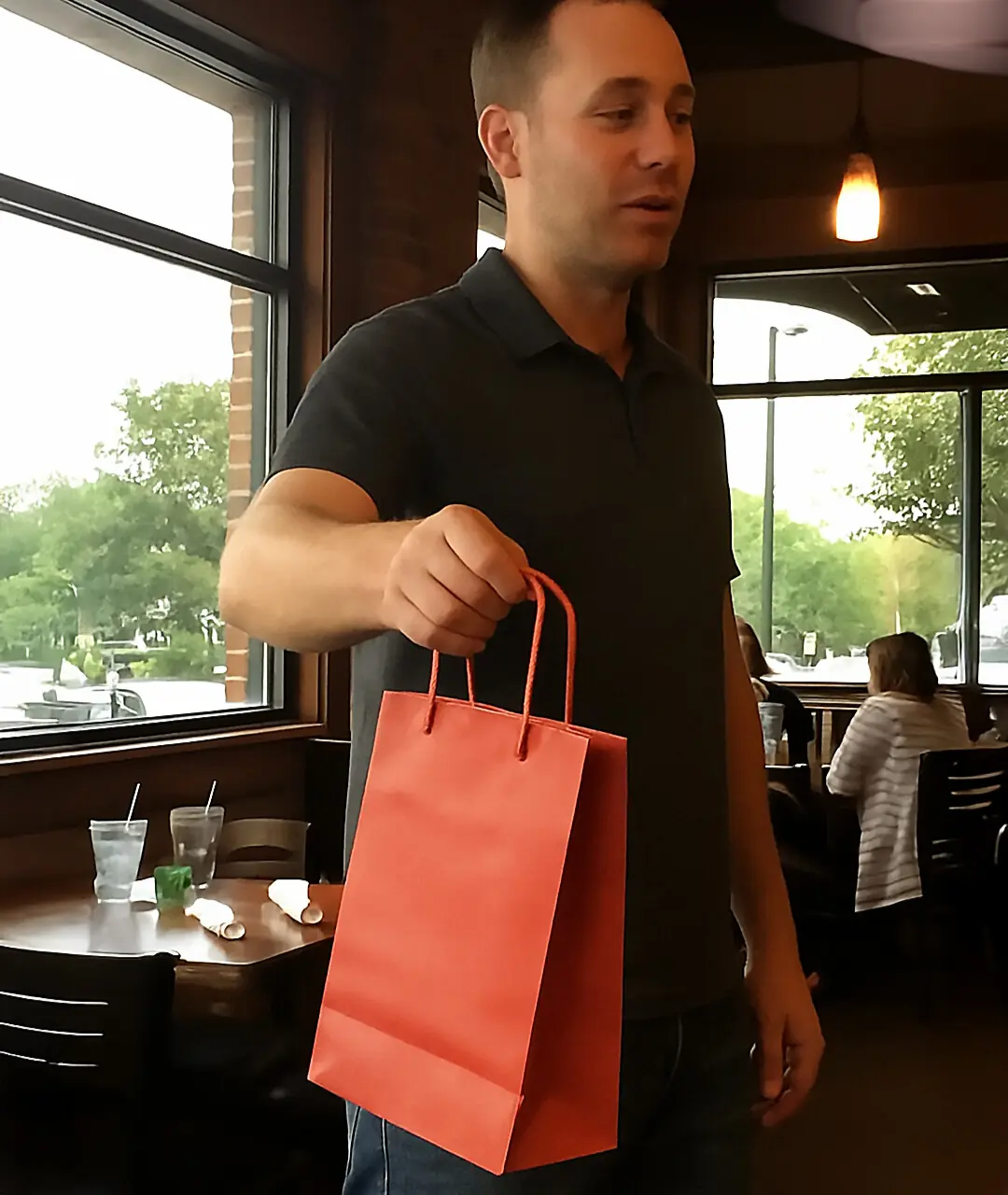
I Walked Out of My Own Birthday Dinner in Tears from Humiliation After My Fiancé's 'Surprise'
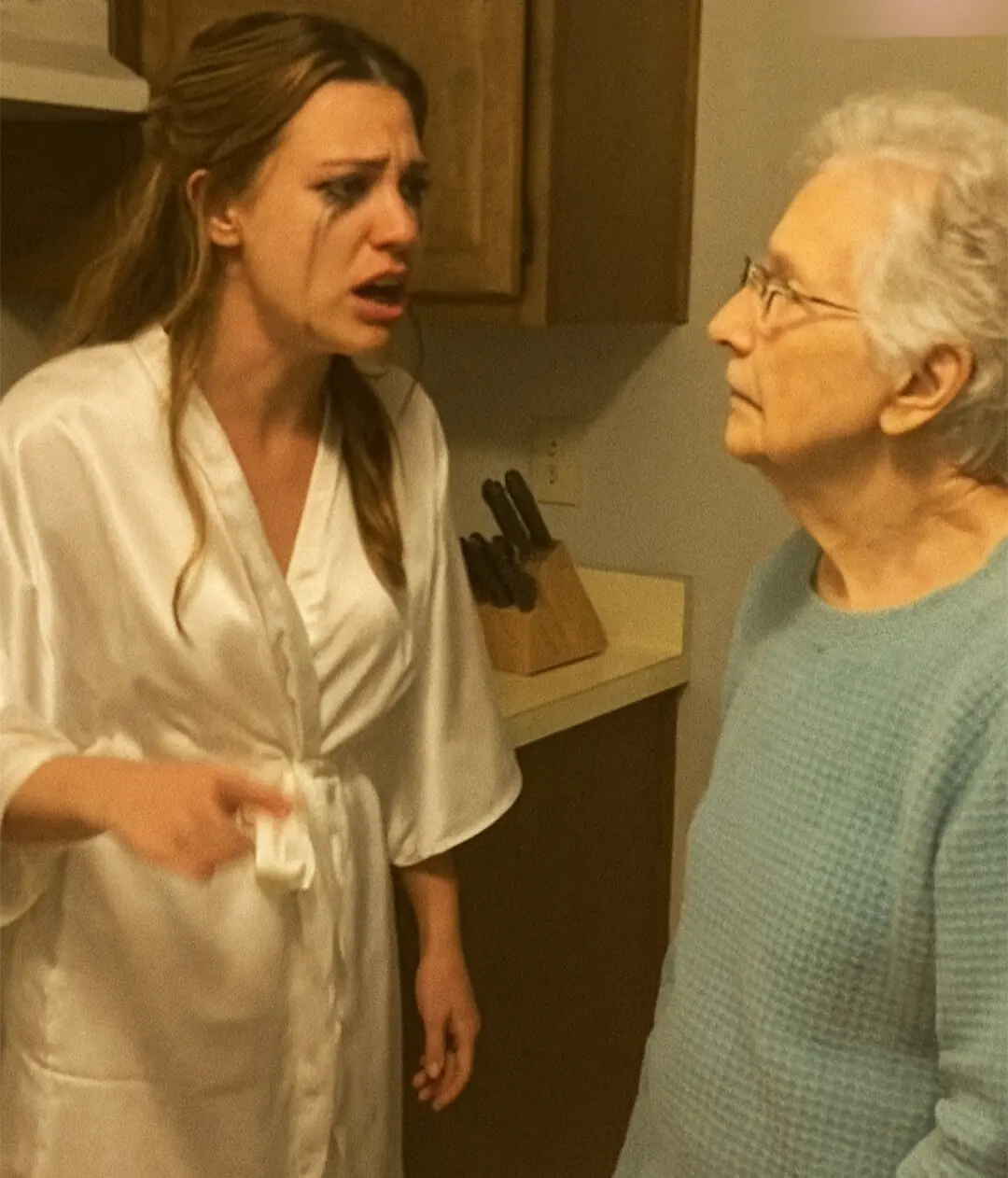
My Granddaughter Said Her Wedding Was 'For Her Friends' and Didn't Invite Me—Then She Found Out What I Was Going to Give Her
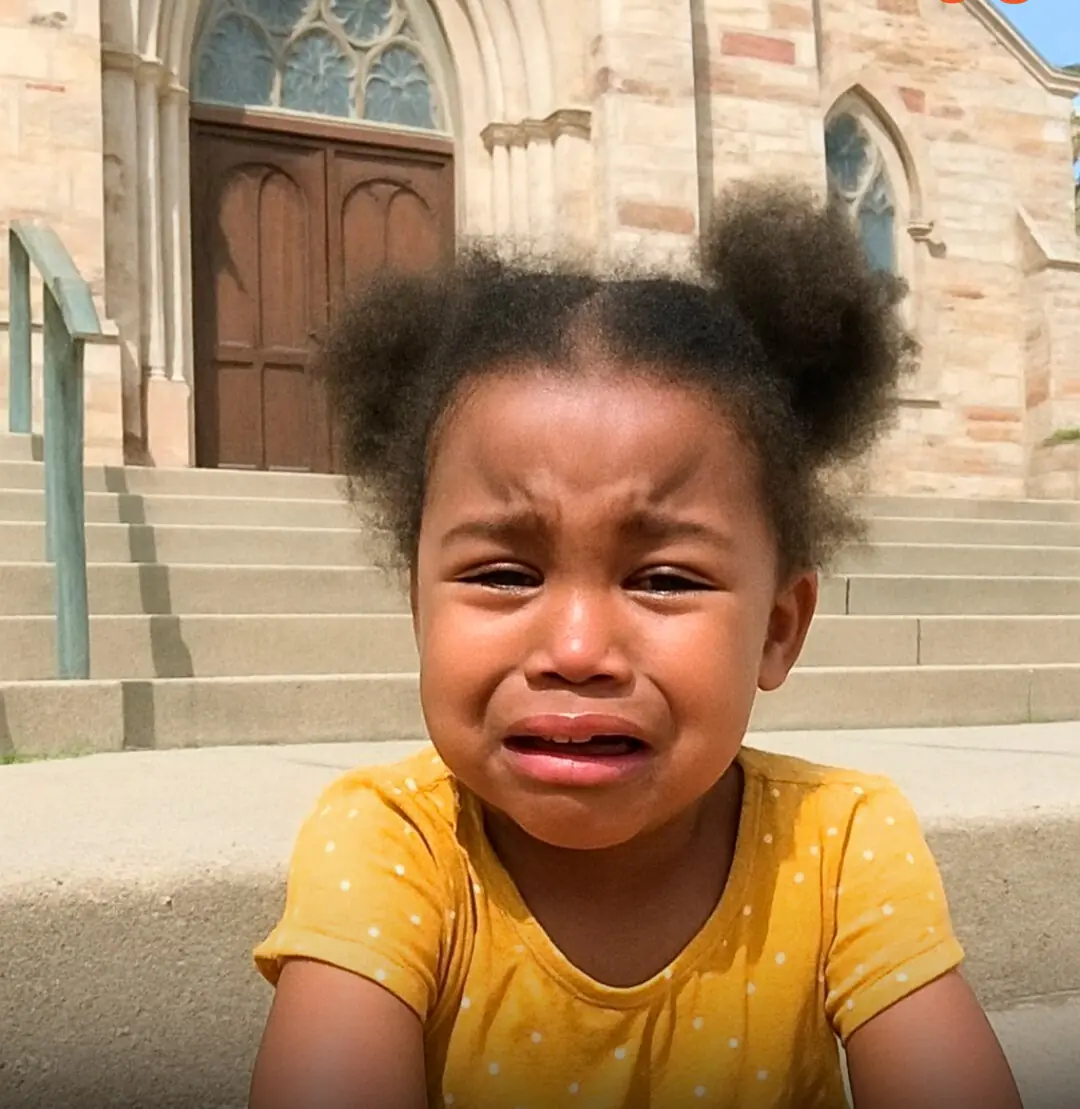
I Took an Abandoned Girl from Church on Easter Only to Uncover My MIL’s Deepest Secret
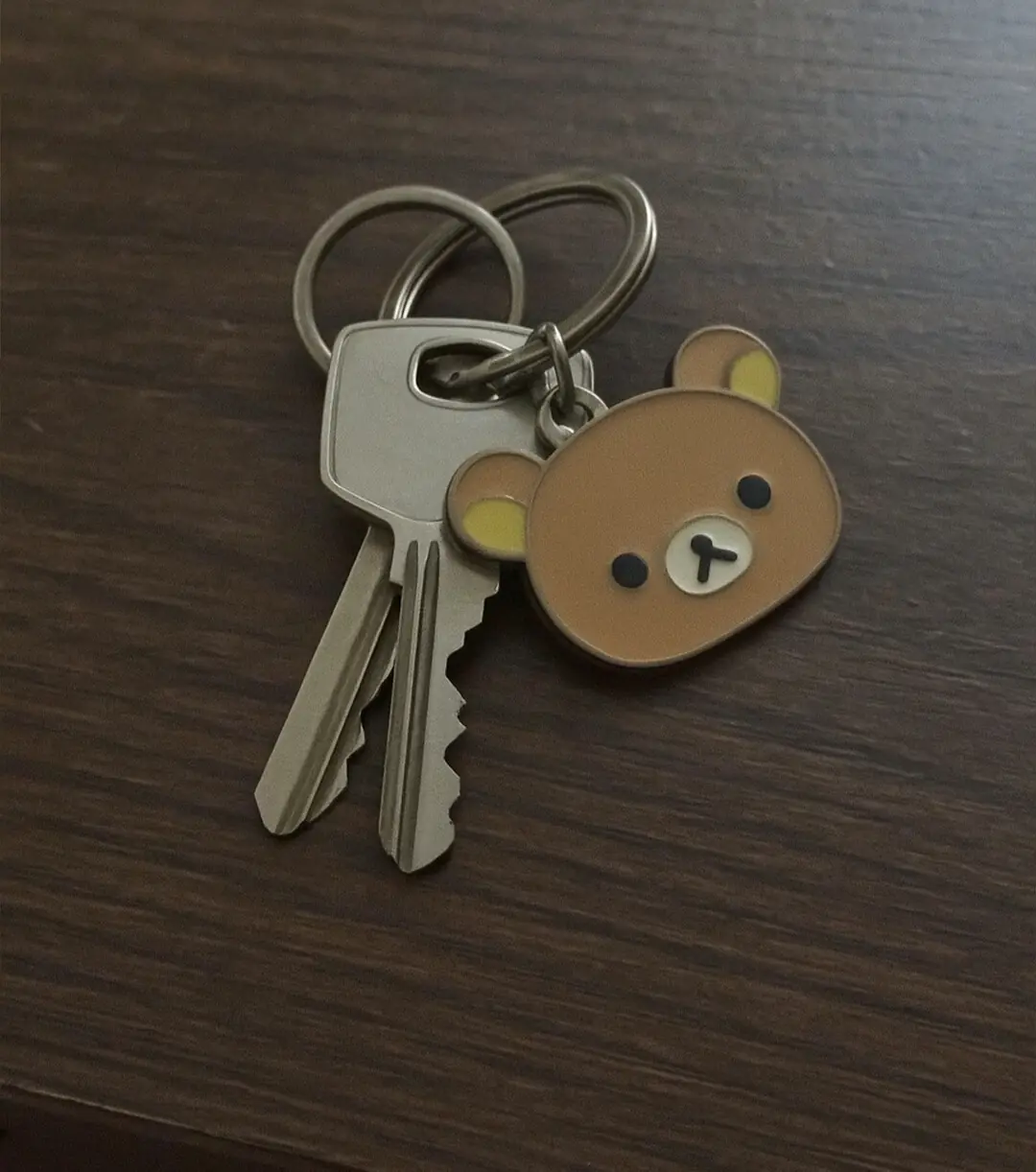
My MIL Demanded I Give Her a Key to Our House Because 'That's What Good DILs Do'
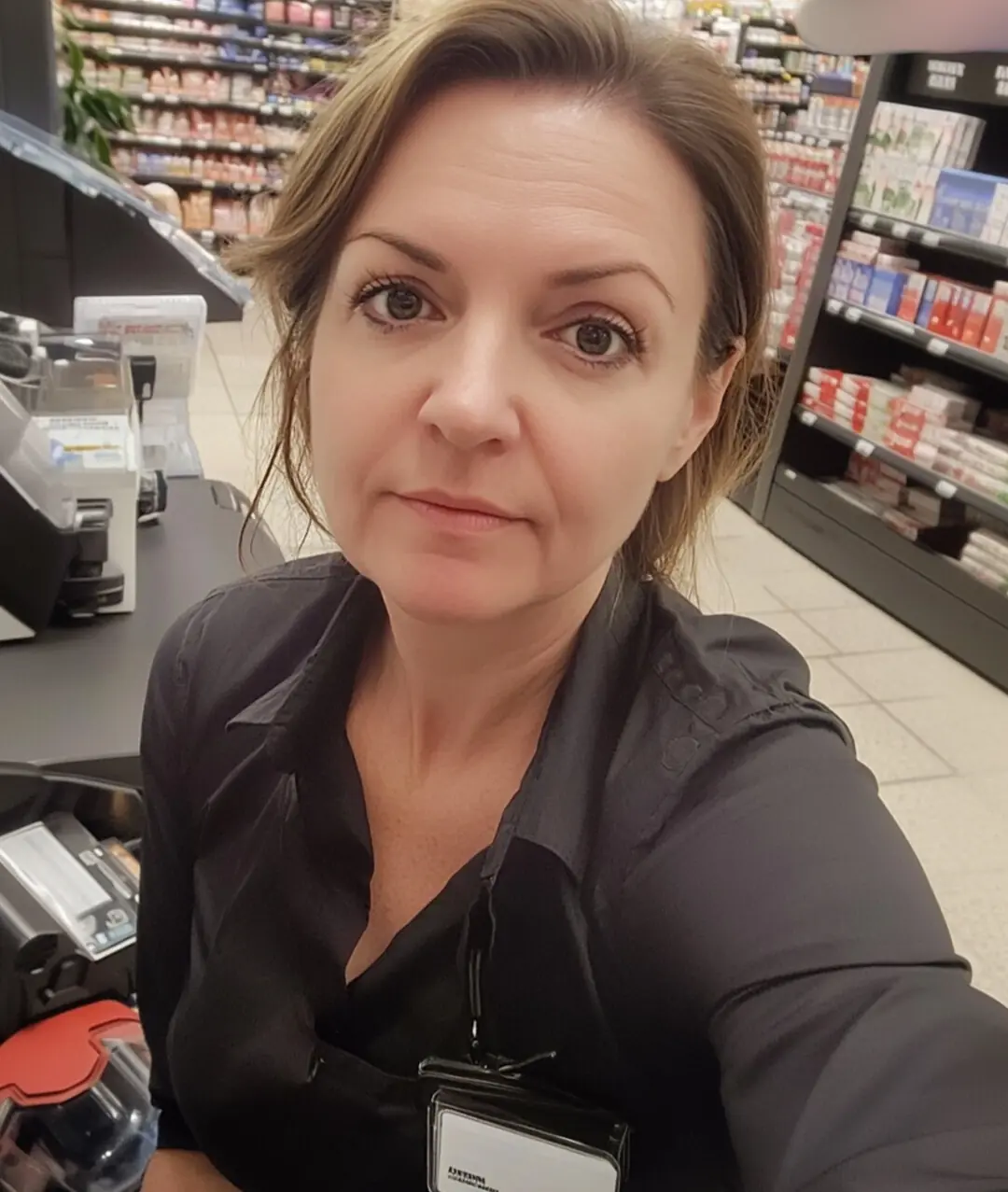
Little Girl is Caught Stealing, but When the Cashier Learns Why, She Makes an Unthinkable Decision
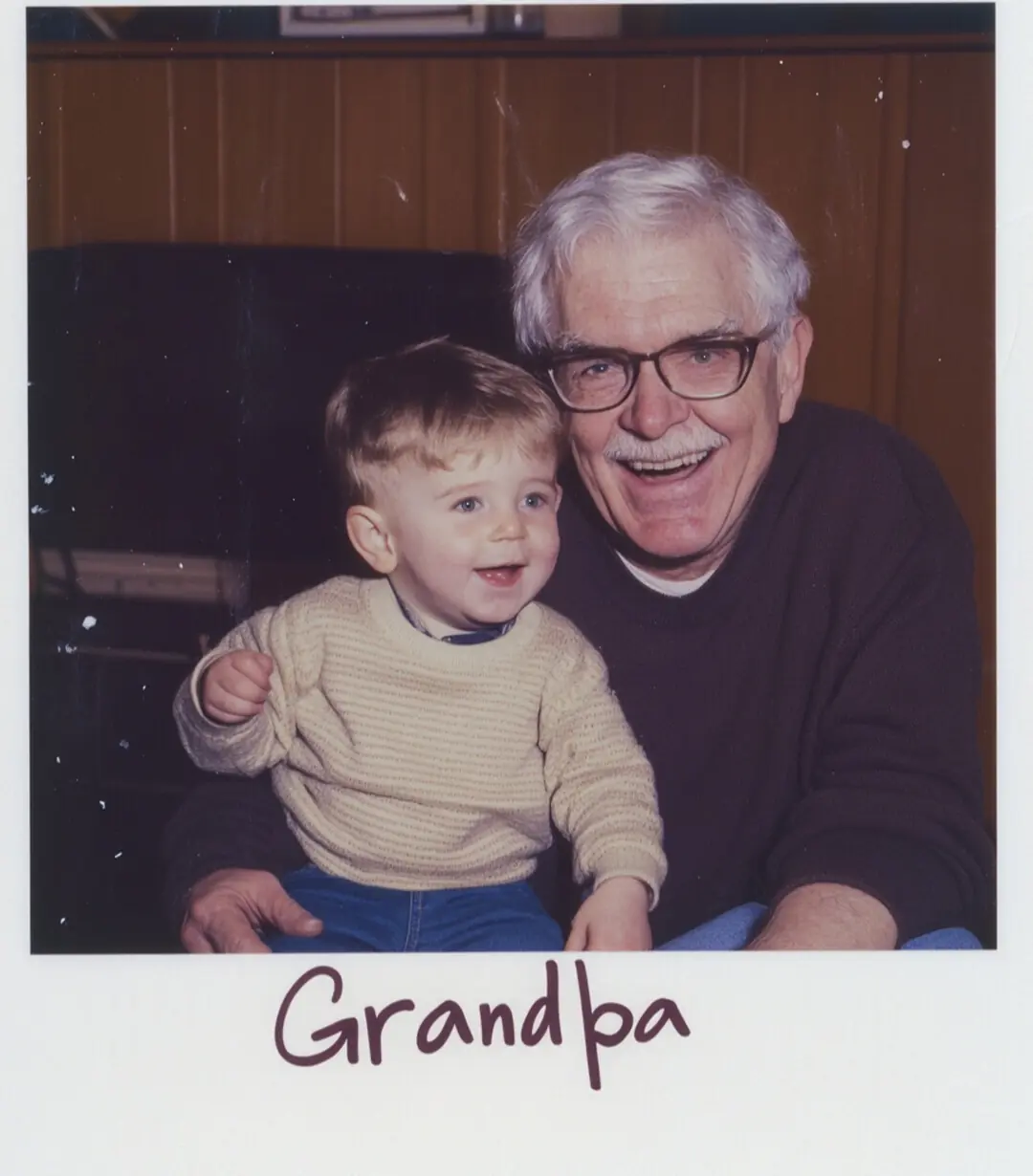
Dying Grandson Poses as Tenant to Spend Final Weeks with Estranged Grandfather
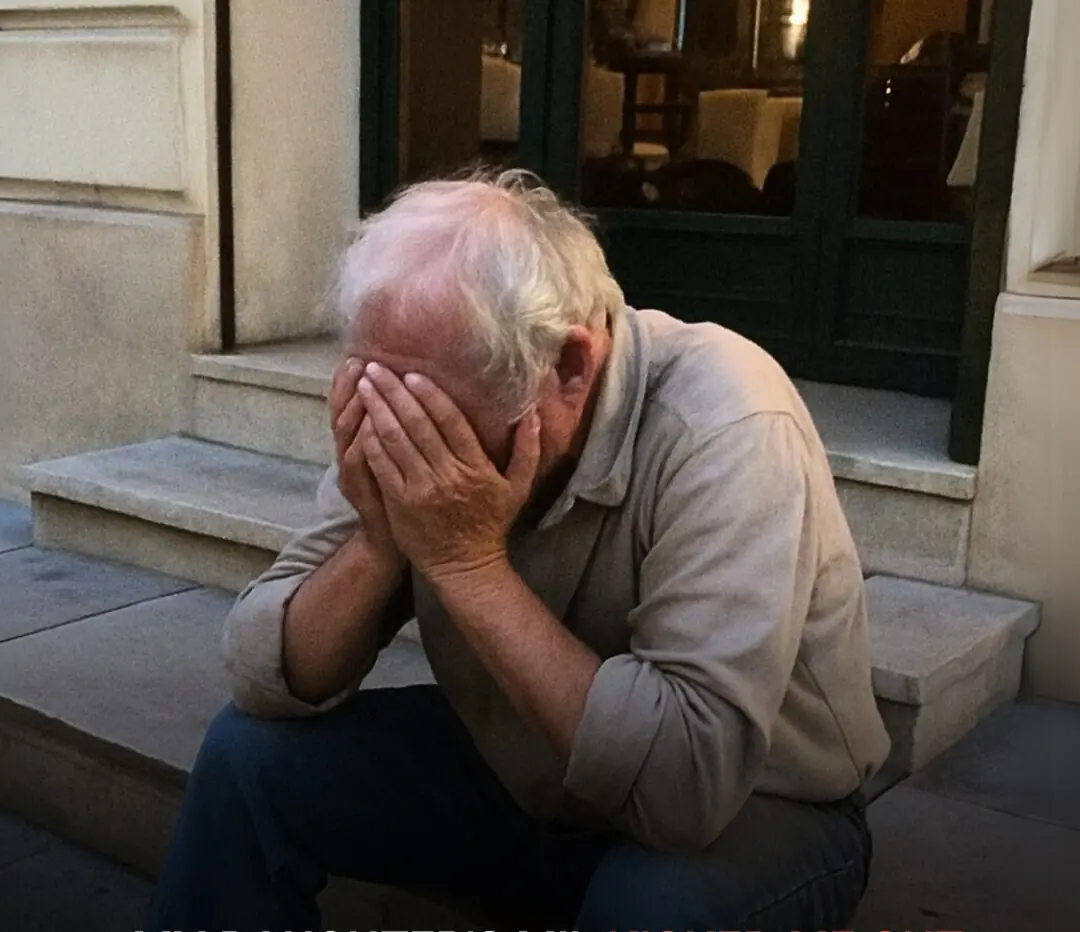
My Daughter's MIL Called Me a Beggar and Kicked Me Out of My Granddaughter's Birthday Party

My Neighbor Poured Cement over My Flower Garden Because the Bees Annoyed Him—He Never Expected Payback from the 'Sweet Old Lady' Next Door
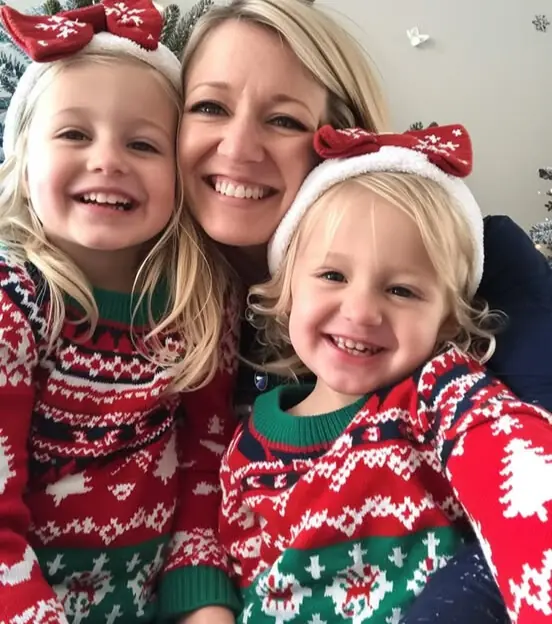
My MIL Kicked Me and My Kids Out of a Family Photoshoot Because We Weren't Wearing Matching Christmas Pajamas
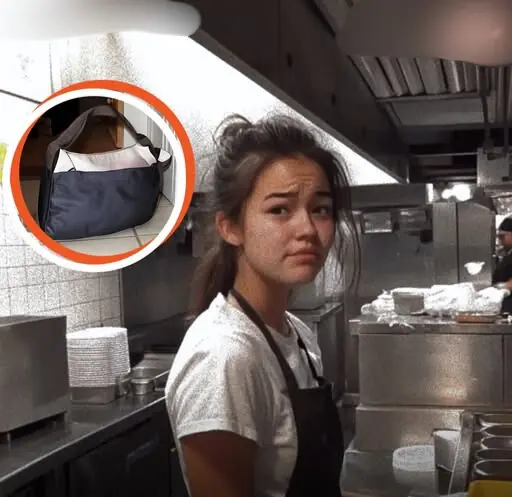
Boss Fires Young Dishwasher Suspecting Her of Theft, Apologizes in Tears After He Opens Her Bag
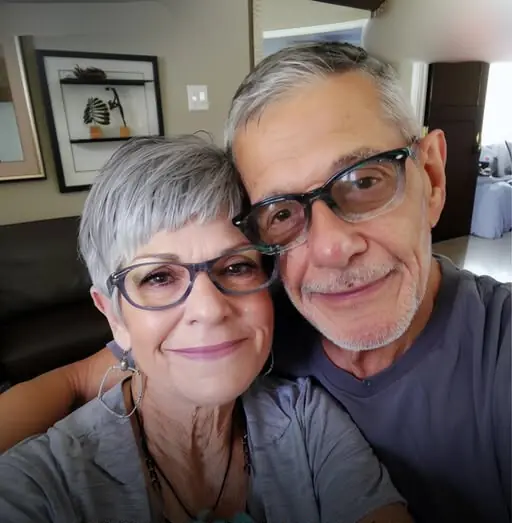
Woman Asks Husband of 30 Years for Divorce Even Though He'd Done Nothing
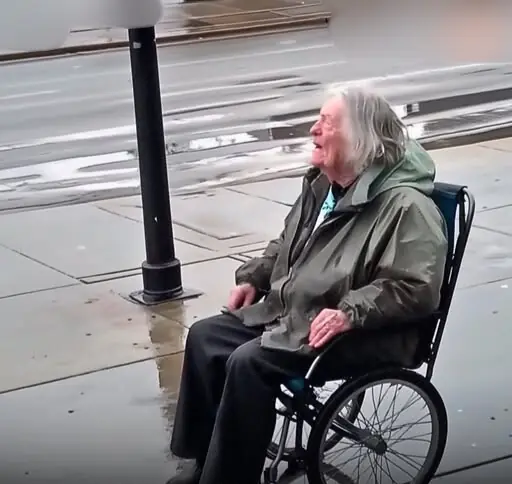
Son Leaves Mom in Wheelchair on the Street, Year Later Sees Her Coming to His House on Her Feet
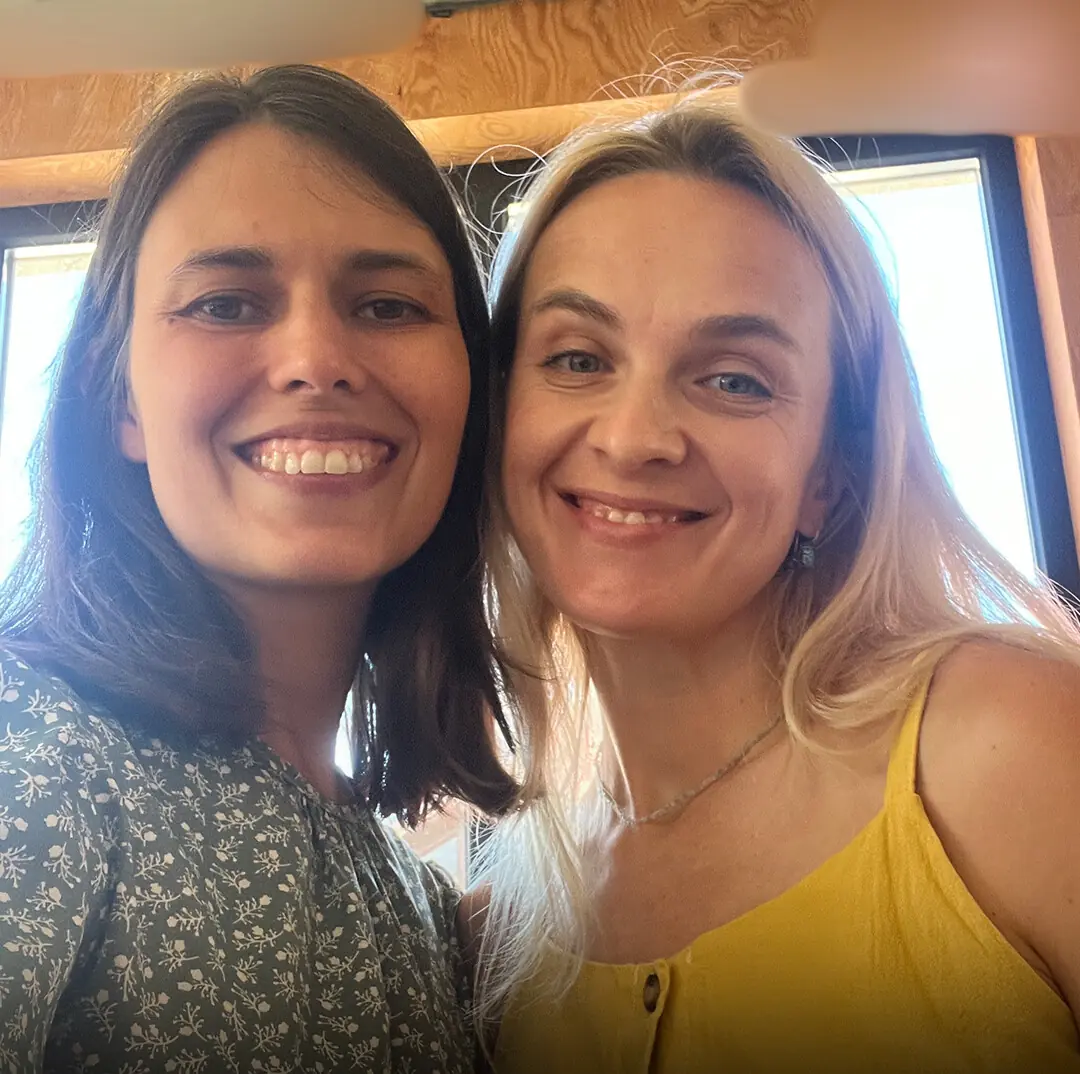
The Woman Who Wanted My Life Was Already in My House
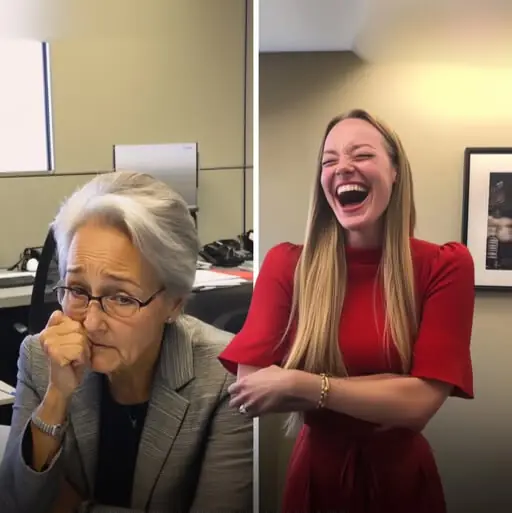
Woman Mocked Me for My Age Only to Share Dinner as My Son’s Fiancée the Very Next Day
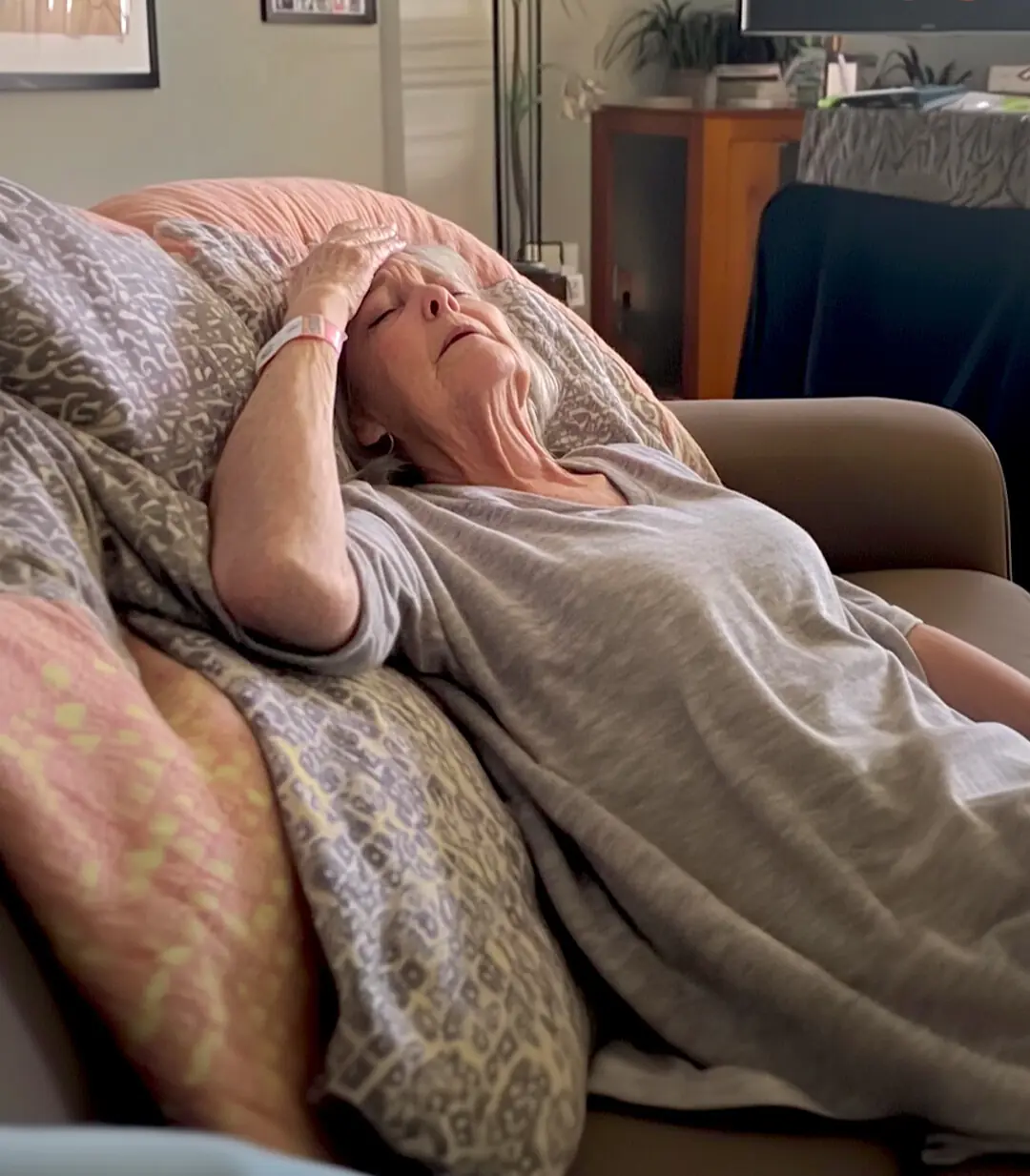
My Husband Sent Me to Care for His Sick Mother While He Went to a Resort with His Mistress, Unaware It Was All Part of My Plan

Lady Informs Fiancé's Family She Is Pregnant, 'He's Infertile!' His Mom Says
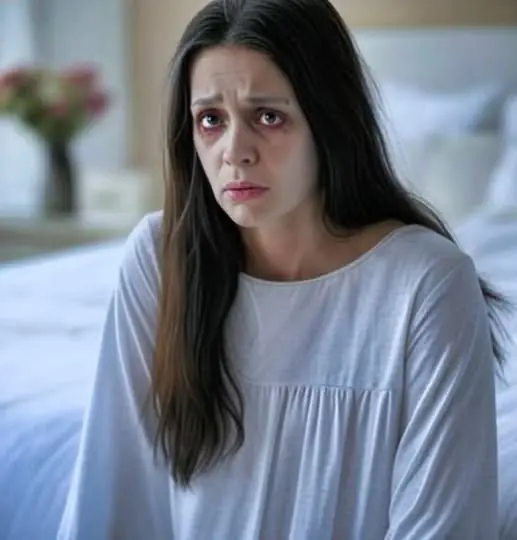
I Was Critically Ill and Begged My Husband to Come Home – He Kept Texting 'Almost There,' but Then His Coworker Told Me the Truth
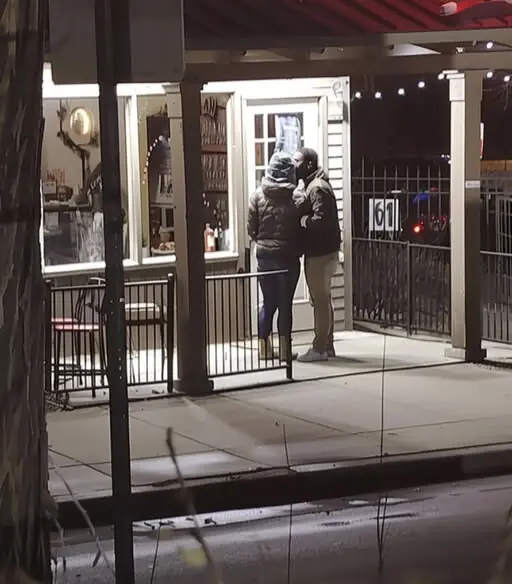
I Helped My Husband Get Back with His First Love but Didn't Know What I'd Go Through
News Post

5 Common Food and Drinks That Can Be Just as Bad for Your Liver as Alcohol
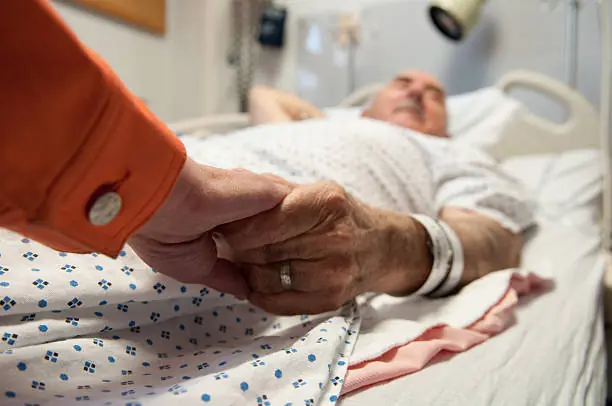
3 Signs Your Parent May Be Nearing the End of Life — How to Prepare for What’s Ahead
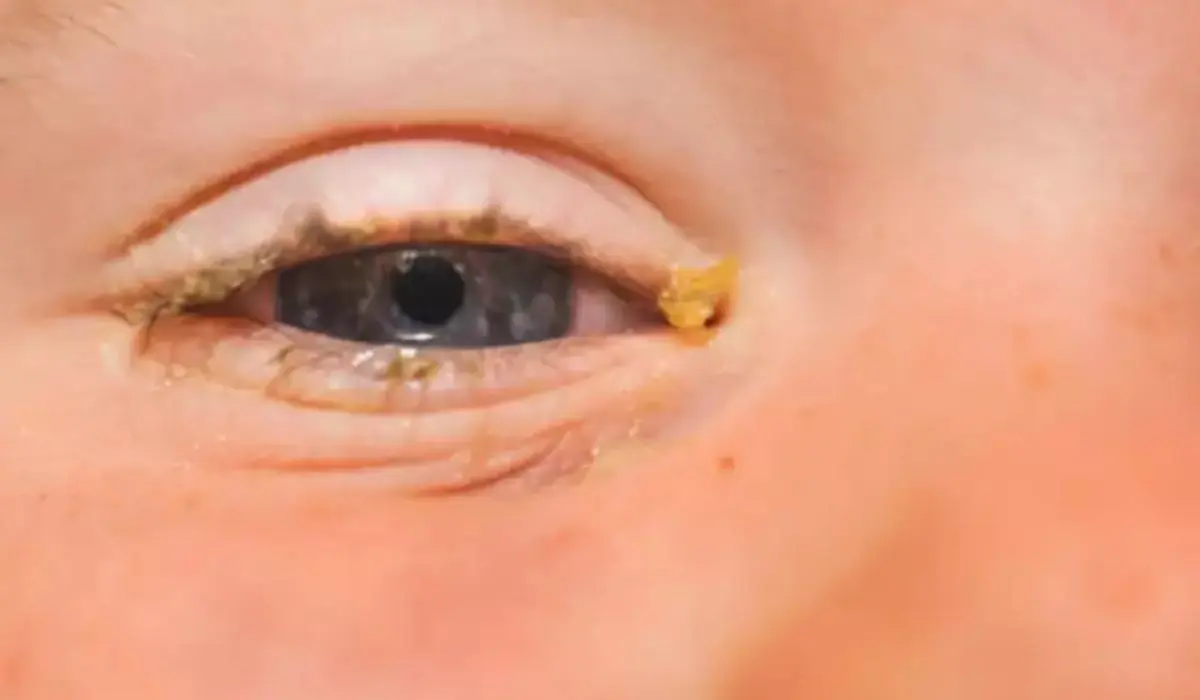
The science behind eye ‘sleep:’ What that crust really is
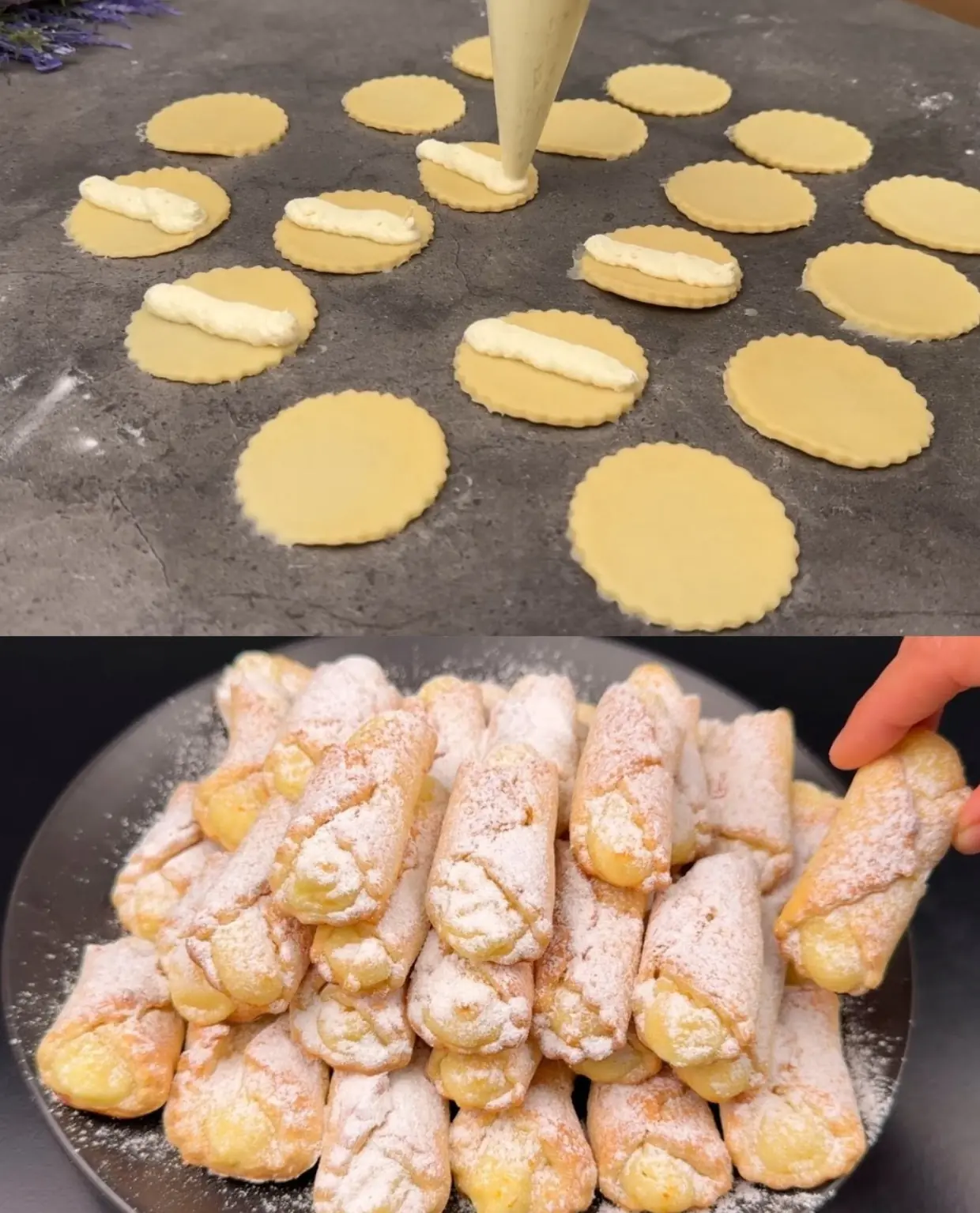
They will disappear in 1 minute! ❗️ 100-year-old recipe from my favorite grandmother!
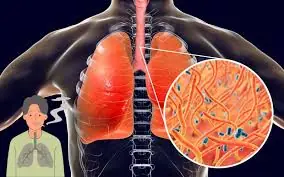
How to Naturally Clear Phlegm and Mucus from Chest and Throat

Skillet Beef Stroganoff Tortellini in Creamy Sauce 🍝🍖🧄🌿

Chewing Cloves Daily: A Tiny Habit with Massive Health Benefits

Sida Acuta: The Powerful Herb You Never Knew You Needed

Taco Macaroni and Cheese

Chocolate Chip Cookie Dough Brownie Bombs

What This Oncologist Notices First in Most Cancer Patients Might Surprise You
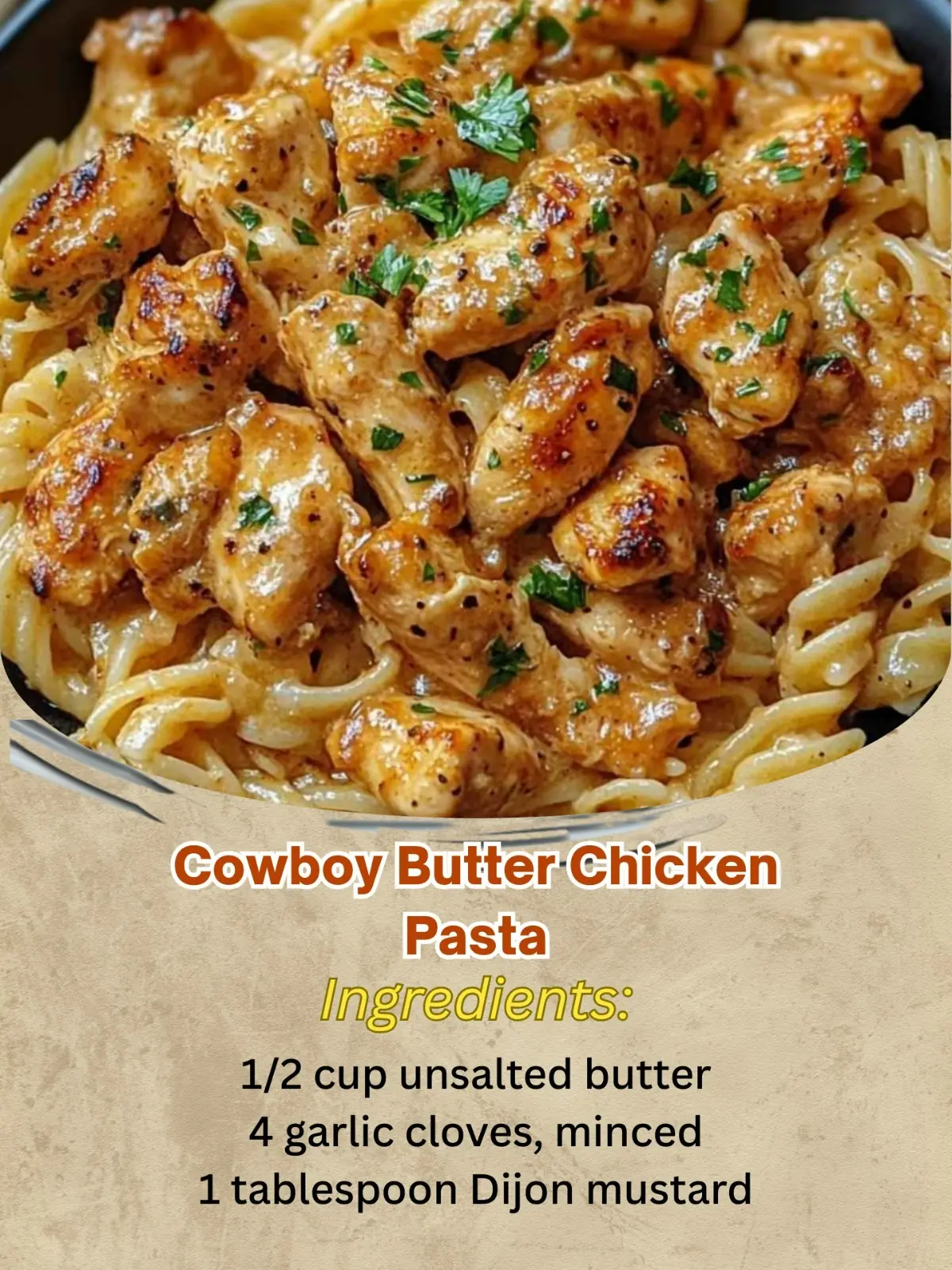
Cowboy Butter Chicken Pasta: A Flavorful Twist on a Classic Dish!
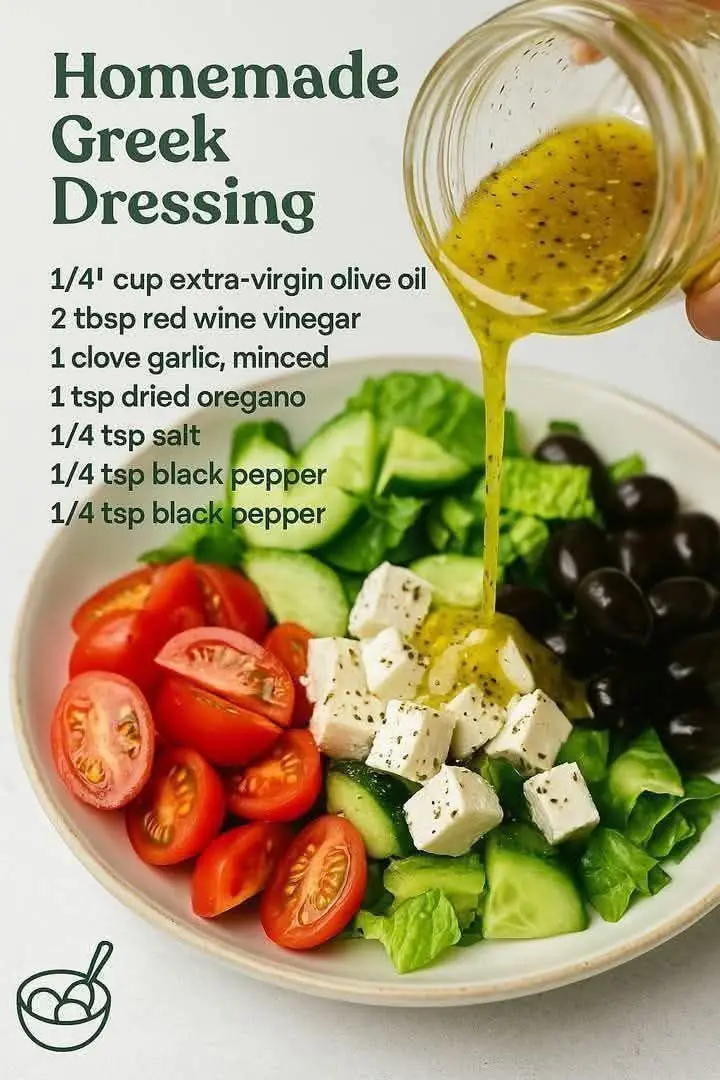
Homemade Greek Vinaigrette – Instructions

creamy-strawberry-apple-punch

No-Bake Turtle Mini Cheesecakes

Aneurysm: Signs You Shouldn't Ignore

This is What Measles Does to Your Body

My Brother's Fiancée Demanded Our Family's Inheritance for Her Kids — I Said Yes, Then Asked One Question That Shut Her Down

I Walked Out of My Own Birthday Dinner in Tears from Humiliation After My Fiancé's 'Surprise'
